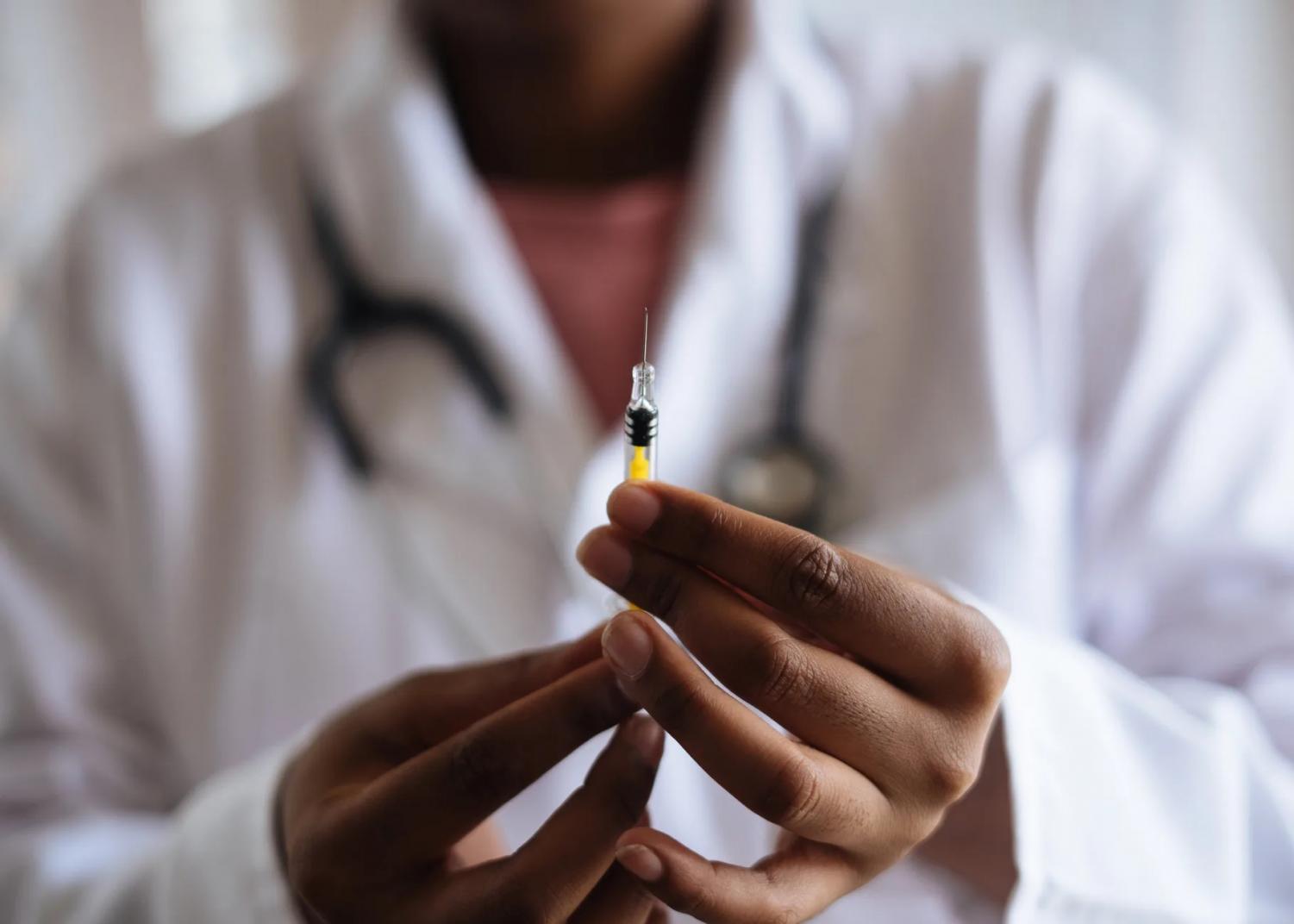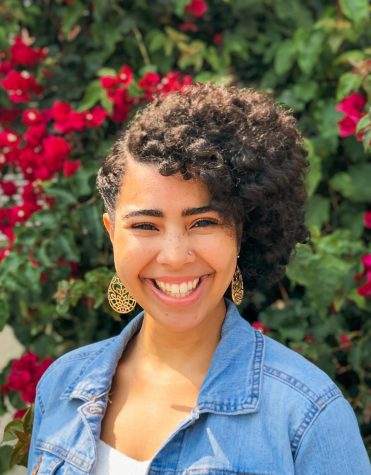The Centers for Disease Control has announced a plan to release a COVID-19 vaccine by early November, but many Americans are hesitant to trust the statement and are concerned it is only a result of political pressure. However, this endeavor is less due to the political climate and more due to the desire to end this pandemic as soon as possible. The goal is certainly optimistic, but not entirely unrealistic.
We are allowed to remain skeptical, but we need to remain equally educated. If the vaccine is released this fall, we should be prepared to trust the safety of it and address the country’s duty to the world if we are the first nation to offer an end to this pandemic.
A REALISTIC DATE
Currently, several countries, organizations and research institutions are racing to produce a successful coronavirus vaccine. Most are in the clinical testing stage, meaning the trial vaccines have been administered to select individuals, but results from these trials can take several months. According to the Netflix documentary “Coronavirus Explained,” the clinical trials for COVID-19 have already been expedited to shorten the amount of time between trials as much as they safely could.
These tests might fall short. In fact, Moncef Slaoui, the Trump administration’s chief scientific advisor, said, “there is a very, very low chance” that the trials will be ready by late October, according to NPR. Most health officials are aiming for a publicly accessible vaccine by early 2021. However, there is still a slim chance the trials will meet certain safety conditions—we need to be ready for that reality.
PREPARE TO TAKE THE SHOT
CBS News shows that 65% of voters believe the vaccine was rushed and only 13% said they would get the vaccine as soon as it was available. Some of these concerns are valid. Previous vaccines have taken years to develop and rushed vaccinations have historically resulted in tragedies.
This is not the case for the coronavirus vaccine. According to NPR, nine companies have pledged to “not submit vaccine candidates for FDA review until their safety and efficacy is shown in large clinical trials.” These companies hope this will help the public trust the safety of their vaccines. One “late-stage” vaccine candidate that signed this pledge, AstraZeneca, paused their trials on Sept. 8 due to a single illness report, though it is unclear if the illness is a side-effect of the vaccine.
Because this safety pledge was so public, these vaccine candidates can be held accountable for their standards and side-effects. The halting of a vaccine trial is a good sign: we can be confident that the vaccines we receive will be thoroughly vetted and not rushed for politics’ sake.
EQUITABLE ACCESS
According to the World Health Organization, 172 countries are participating in an initiative to combat “vaccine nationalism.” WHO Director-General Tedros Adhanom Ghebreyesus called for every nation to sign a pact, COVAX, that will fight for equitable vaccine distribution. All countries, no matter their ability to pay, should have the same access to a coronavirus vaccine.
The Trump administration has chosen not to participate in this effort and has not signed the pact, citing WHO’s participation in downplaying the breadth of the virus’s spread in China toward the beginning of the pandemic.
That decision was an oversight. As one of the wealthiest nations in the world, we owe it to every other nation to sign this pact and combat the inevitable nationalism that will plague the distribution of a coronavirus vaccine. According to “Coronavirus, Explained,” during the swine flu epidemic, wealthier countries that developed a vaccine kept it to themselves in order to vaccinate their own citizens first. The U.S. did not share their vaccine with others until the epidemic was over.
CONCLUSION
The world as a whole needs to unite to fight this pandemic. We each have a part to play. To ensure herd immunity, we need to embrace our responsibility and prepare to be vaccinated this fall, should the need arise. To protect our global neighbors, we should use our platforms to spread awareness about vaccine nationalism and find unique ways to protest the president’s decision on the COVAX pact.
This could be the end to the pandemic—let us make sure that end applies to everyone.












